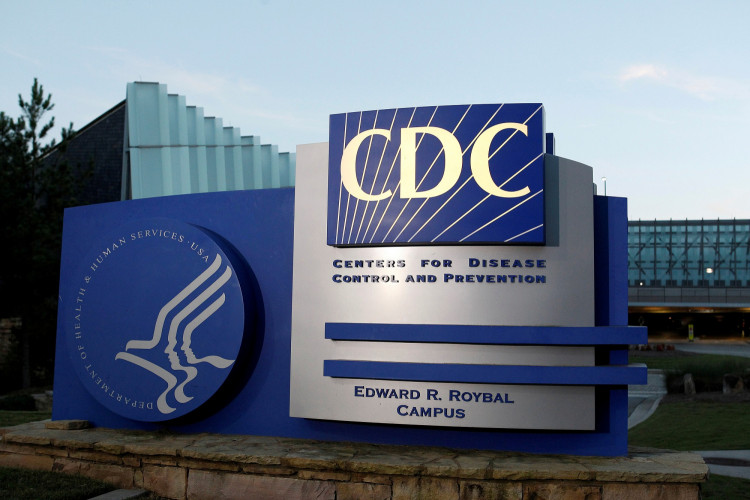The United States has recorded 712 confirmed cases of measles across 25 jurisdictions, the highest total since 2019, according to new data released Friday by the Centers for Disease Control and Prevention. The latest tally reflects an increase of 105 cases from the previous week, highlighting the virus's continued spread and prompting public health officials to issue renewed warnings about vaccination.
The current outbreak has affected more than 20 states, with the largest clusters reported in Texas and New Mexico. Two children have died in Texas, underscoring the disease's severity and its risk to unvaccinated populations. In 2019, the U.S. saw 1,274 total measles cases, the highest number in nearly three decades.
"To be very clear, the number one, number two, number three things we need to be doing are vaccinating kids and others who have not been vaccinated against measles," said Dr. Céline Gounder, editor-at-large for public health at KFF Health News and a CBS News medical contributor. "That is the only way to prevent measles transmission."
Measles is a highly contagious viral infection that can cause serious complications, including pneumonia, encephalitis, and in some cases, death. The disease spreads easily through respiratory droplets and can remain airborne in enclosed spaces for up to two hours after an infected person leaves.
The CDC continues to recommend the MMR (measles, mumps, and rubella) vaccine as the primary prevention tool. The standard vaccination schedule includes:
- First dose between 12 and 15 months of age
- Second dose between 4 and 6 years old
In areas with active outbreaks, health officials are advising parents to begin immunization earlier. Children under 12 months may receive their first dose between 6 and 11 months, with follow-up doses at 12-15 months and again at 4-6 years.
For unvaccinated children over 12 months, the CDC recommends one dose immediately, followed by a second at least 28 days later. Those who have already received one dose can receive the second as soon as the required 28-day interval has passed.
Adults who lack documented immunity or vaccination, particularly those in outbreak areas, are also urged to get vaccinated. Adults who were vaccinated with the original measles vaccine between 1963 and 1968 may have received a less effective version. "At that point in time, they were using less effective vaccines," Gounder said in February.
The MMR vaccine provides long-lasting protection. According to the CDC, immunity against measles and rubella typically lasts for life, while mumps immunity may wane over time.
The measles vaccine was first introduced in 1963 and updated in 1968. The current combination vaccine, which includes protection against mumps and rubella, has been in use since 1971. Before vaccination, nearly every child contracted measles by age 15, resulting in 400-500 deaths and up to 48,000 hospitalizations annually.






